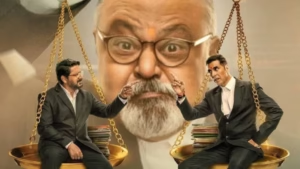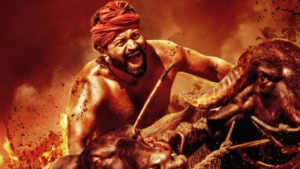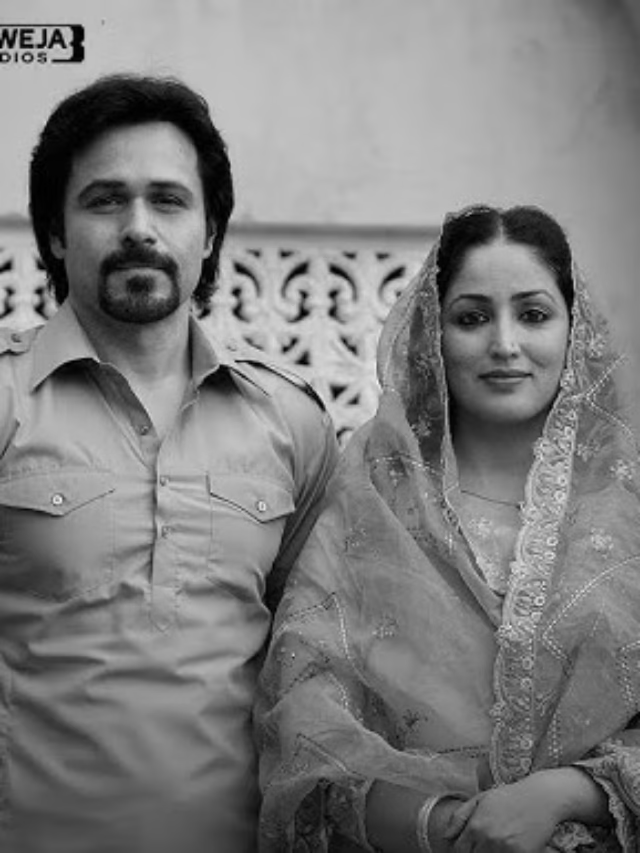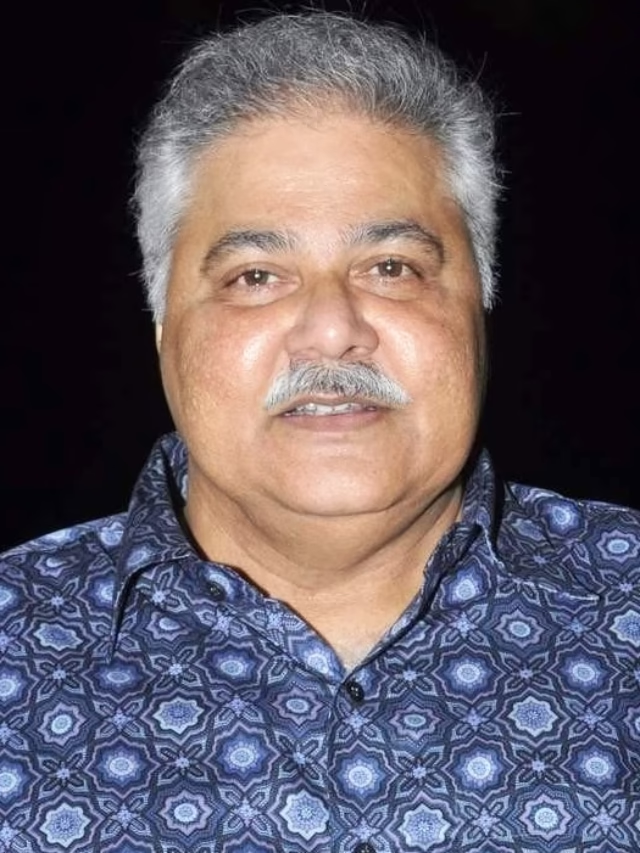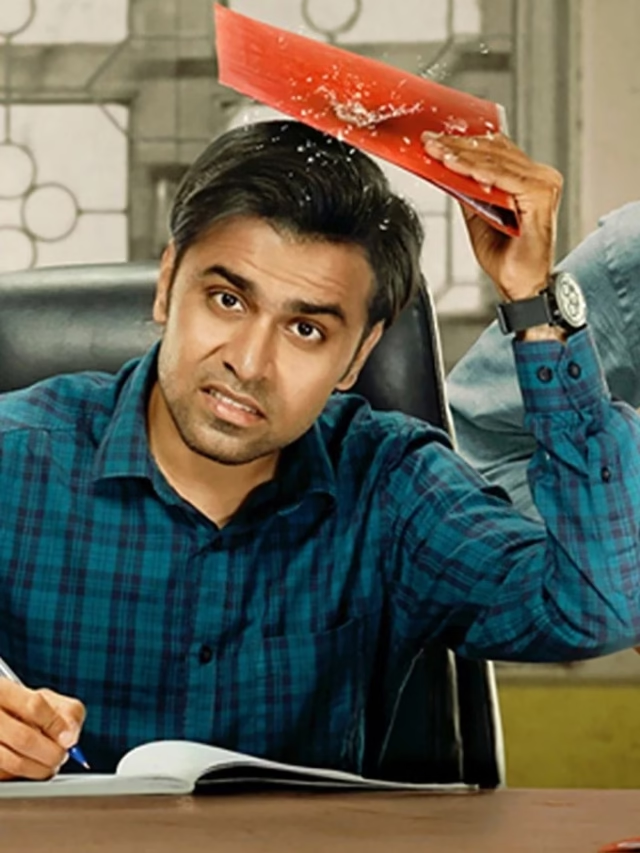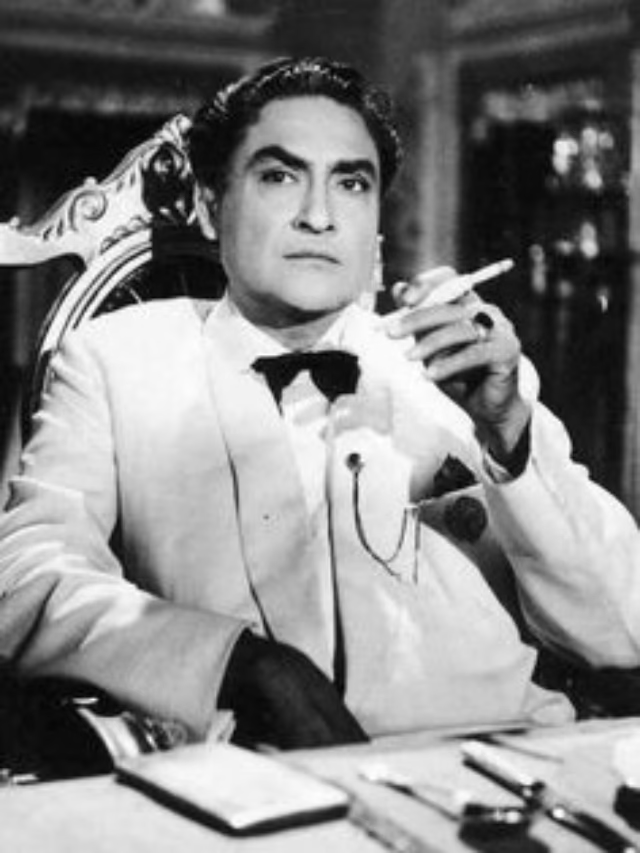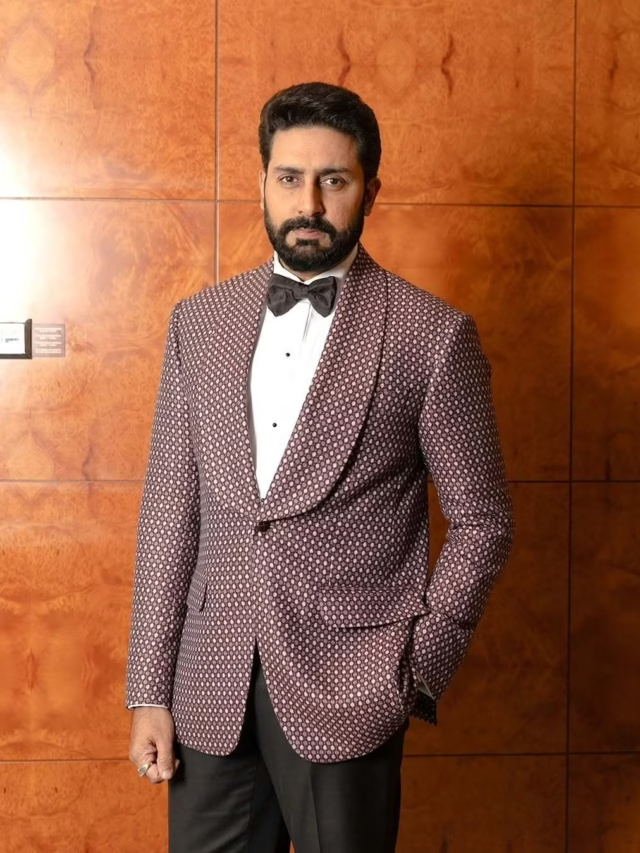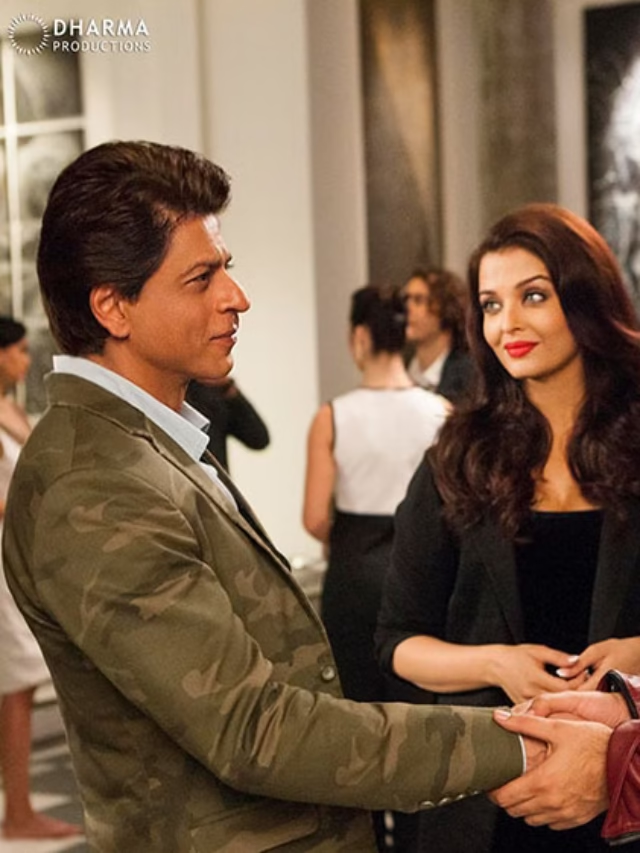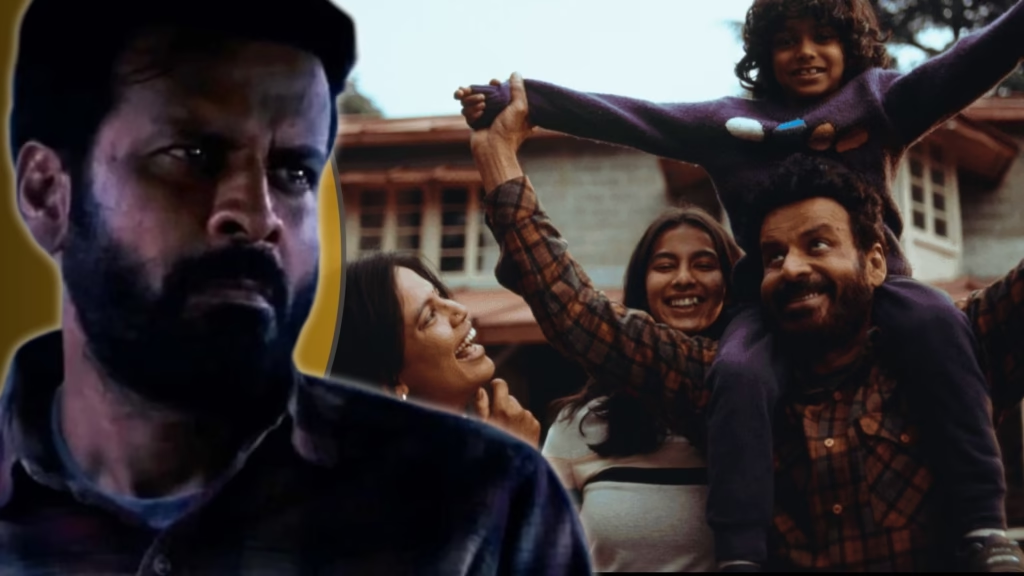
At a time when movies tend to hurry to provide instant hits, Jugnuma: The Fable takes the risk of taking its time and taking a deep breath. Raam Reddy’s Hindi-language film is one that develops like a dream—fragile, haunting, and contemplative. It’s not a tale told on the screen; it’s an ecological canvas painting with class tensions, spiritual undertones, and ecological worries. It’s an invite to walk into the misty Himalayan hills where myth mixes with reality, and the truth in each frame is a whispered one.
Dev, played with quiet intensity by Manoj Bajpayee, is at the centre of this fable on screen. He’s a man who sits at the pinnacle of inherited privilege, soaring over his orchard domain on literal wings he himself has built. But beneath this facade of mastery there’s an increasing anxiety—a dawning fear that the land he thinks is his may no longer be within his control. When fires start burning up parts of his property, Dev’s suspicion turns inward and outward, deconstructing the tenuous social agreement between him and the locals who keep his world running.
Raam Reddy does not scream his message. He whispers it in the form of haunting images, poetic metaphor, and actors who seem like shadows of ancient myths forgotten. Jugnuma is not a movie—it’s a reflection on what belonging means, what dominates, and finally, what loss is.
Manoj Bajpayee's subtle work in Jugnuma: The Fable grounds the emotional center of the film
Manoj Bajpayee has been renowned for his capacity to act out morally complex roles, and in Jugnuma, he gives one of his more nuanced performances to date. Dev, the role he plays, is a man who is soft-spoken and serene but is deeply threatened by losing control of power. His mansion, which was a British colonial estate, is now a metaphor for inherited control—a status he attempts to reinforce through passive control and surveillance.
Dev’s wings, which he uses to glide over the hills, are more than a whimsical invention. They represent his desire to rise above the people who work his land, to maintain a god-like view of his domain. But as the fires spread and his trust erodes, Bajpayee subtly shifts from serene to unsettled. His expressions, posture, and silences speak volumes, making Dev a character who is both sympathetic and deeply flawed.
This part was tailor-made for Bajpayee. He doesn’t overdo the theatrics; rather, he keeps it slow-burning beneath the surface. His performance of Dev is a lesson in restraint, and it’s this latent deterioration that lends the film its emotional substance.
Raam Reddy's direction is a merging of magic realism with ecological and social commentary
Raam Reddy’s narration is far from traditional. With Jugnuma, he weaves an existence that’s as if caught between reality and myth. The landscape of a lush Himalayan orchard, where the film is set, becomes a character in its own right, reflecting the universals of decline and uprooting. Filmed on 16mm, the images are tactile, weathered, and imbued with an introspective nostalgia.
Reddy doesn’t feed his audience spoonfuls of explanation. Instead, he asks them to interpret, to feel, and to reflect. The employment of magic realism—fireflies vanishing because of pesticides, Dev’s wings, fairy bedtimes—are added layers of signification without shattering the film’s earthy tone. They’re not merely visual choices; they’re metaphors for environmental imbalance, spiritual loss, and the disappearance of community trust.
The sound design of the film by Nithin Lukose and the cinematography by Sunil Borkar complement each other well to provide a transporting experience. Each rustle of the leaves, each spark of the fire, and each silhouette within Dev’s bungalow serves to infuse the film with a meditative pace. Reddy’s poetic and assured direction serves to make Jugnuma a standout in modern Indian cinema.
Jugnuma: The Fable reflects on ecological disintegration and class warfare through nuanced storytelling
Perhaps the most intriguing theme of the film is the conflict between the original owners and the claimants. Dev’s property, legally his, is spiritually and historically connected to the locals who labor on the land. As a series of mysterious fires starts to engulf the cherry blossom trees, Dev accuses sabotage. His paranoia turns violent, and the delicate bond of trust that exists between him and the workers starts to erode.
Locals, headed by Keshav and abetted by Dev’s manager Mohan (Deepak Dobriyal), attempt to get to the bottom of things. But when a crooked government bureaucrat enters the scene, tensions only rise. The village women, especially Keshav’s wife (Tillotama Shome), protest against pesticide use, suggesting a larger environmental crisis. Her fairy tale of fairies taking back their own serves as a symbolic thread that weaves the story together.
The movie does not give simple solutions. It raises tough questions instead: Who actually owns the land? What does privilege do to our eyes when it blinds us to ecological and social facts? And can myth and memory restore what modernity has shattered?
Vanya's spiritual awakening at Jugnuma: The Fable mirrors change of generation
While Dev holds on to control, his daughter Vanya (Hiral Sidhu) yearns for liberation. Her inquisition regarding the jungle, her father’s wings, and a vagabond spiritual lama charts her journey of self-discovery. Vanya’s trajectory is understated but strong—she is the new generation questioning the given and looking to connect beyond the material world.
Her interest in the lama and the forest’s secrets is the antithesis of Dev’s fixation on watching and control. Vanya will not conquer; she will learn. She is, in a way, the conscience of the film—a figure representing renewal, curiosity, and spiritual change. She brings emotional depth to the story and reminds audiences that change often starts with inquiry, rather than domination.
Supporting cast in Jugnuma: The Fable adds depth to the story with understated strength
Priyanka Bose as Dev’s wife Nandini brings a warmth and spiritual equipoise to the narrative. Her devotional hymns to Lord Shiva resonate with the film’s destruction and rebirth themes. Deepak Dobriyal, playing the dedicated manager Mohan, contributes an understated resilience, while Tillotama Shome’s performance as Keshav’s wife is tender and provocative.
These actors aren’t mere background—they’re woven into the emotional and thematic fabric of the film. They all help drive the drama that unfolds, and Jugnuma becomes a veritable ensemble piece.
Jugnuma: The Fable finds worldwide acclaim and strikes a chord with worldwide audiences
Jugnuma is the recent winner of the Best Film title at the Leeds International Film Festival, a victory that speaks volumes about its international appeal. Though rooted firmly in Indian earth, the film resonates with international issues—migration, ecological disaster, and quest for identity. The fact that Raam Reddy has managed to include these in a beautifully crafted visual and emotional narrative is what makes the film so special.
For Indian viewers, particularly those who enjoy mythological and spiritual narratives, Jugnuma provides a cinematic experience that is both reassuringly familiar and delightfully novel.
Last Thoughts: Why Jugnuma: The Fable is a must-see for fans of poetic Indian cinema
Jugnuma: The Fable is more than a movie—it’s a mirror to society, privilege, and the world around us. With Manoj Bajpayee’s unforgettable turn, Raam Reddy’s visionary eye, and a story that weaves together folk tale with modern-day fears, the film is one of the most provocatively released in recent years.
For those who enjoy movies that whisper instead of screaming, that make you think instead of react, Jugnuma is an absolute must-see. It’s a reminder that even at the quietest recesses of the Himalayas, there are tales that glow like embers—and sometimes, they incinerate everything we thought we knew.

